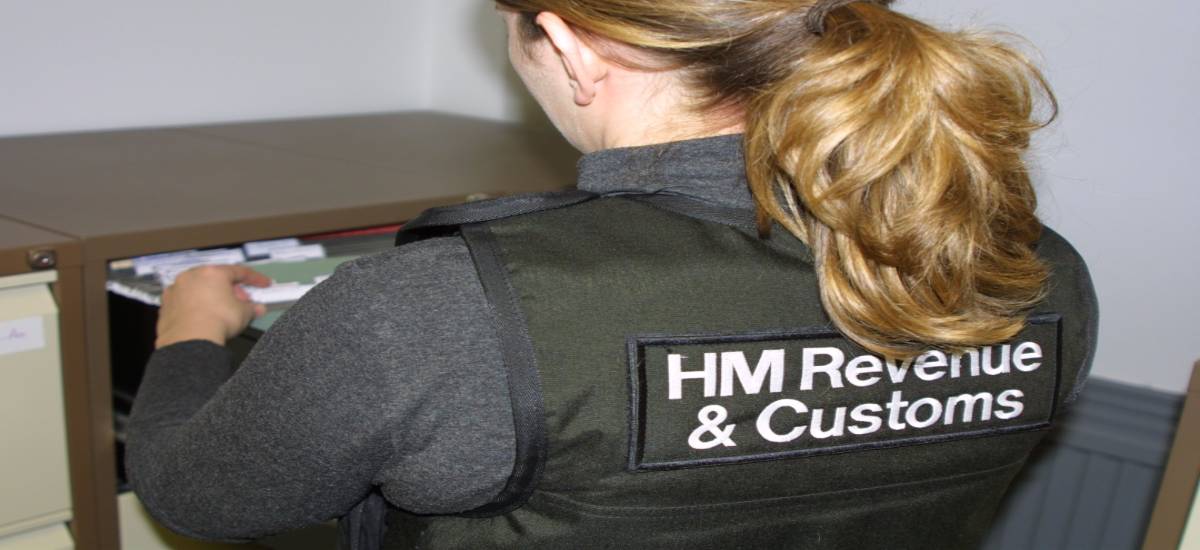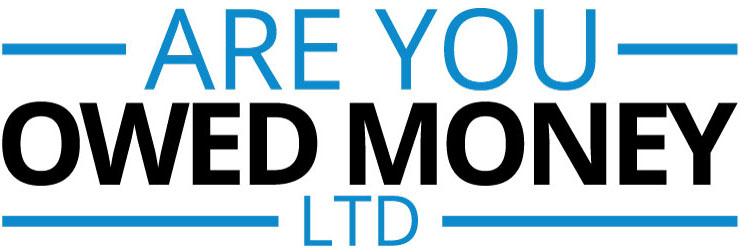In February, we covered the changes to debt recovery made by HMRC. Moving away from seizure of goods, the department is favouring an impersonal approach. Using AoE orders instead of doorstep collection has resulted in over £178 million collected. The money has also been collected with little complaint thus far.

A less intrusive approach
The new strategy for debt collection intends to cut both intrusive face to face contact and costs. Doorstep collection is efficient but not cost effective. It also puts stress and pressure onto the public, some of whom will be vulnerable. The new earnings order strategy has heavily reduced the need for doorstep collection. It is calculated using the tax payer’s wages/ income and finds a suitable repayment option.
The automation of orders allows a person to have enough to live on depending on the situation. It takes into account if they have children, are disabled, jobless or have dependents. While automation does have the potential for flaws, the system has thus far operated with few complaints. Only 8 people in total objecting to the direct order. Of those 8, 3 took the matter to county court with only 1 case being upheld as requiring a rework.
Following the roll-out the HMRC told press it was happy with the current progress of the strategy. “The DRD intervention has achieved its policy objectives. It has provided HMRC with a crucial lever in tackling debtors who purposely choose not to pay their tax debts.”
“Low levels of complaints and appeals and low levels of these being upheld confirm the right debtors are in the process.”
How it all works?
Known as “direct recovery of debt”, the DRD order recovers money directly from a tax payer’s account. The amount owed is used to calculate monthly payments; taking into account the situation. This is a data driven approach.
Objections to the method are based on those deemed vulnerable and requiring a more personal approach. HMRC are charged with identifying these people. This could be through, hardship, being disabled or other personal issues. Given few objections have taken place with 7 of those ending in debtors paying; it shows signs of working well.
AYOM’s head of IT spoke about the importance of getting data driven just right. Highlighting it being especially important when dealing with potentially vulnerable people. Aaron told us; “having dealt with consumer debt for large companies, we understand data driven to be vital. They help facilitate effective mediation and repayment.”
“However, it is critically important that these systems be regularly assessed. Updates are a key part of the quality control process. Like our own systems, HMRC have a low rate of complaint. That will only remain though if the system is maintained and refined. Of course the ideal complaint rate is zero but; targeting to maintain or lower current rates would be a good goal.”
“When we monitor consumer debtors for our clients we will use similar approaches. We look at regular income, assets, dependents and personal to each debtor. So far our FCA cases have garnered low complaints and almost nonexistent number of upheld cases. This tells us data driven can help debt recovery with personal cases.”
Consumer debt specialists
AYOM handles business and consumer debt. Our consumer clients include multi-national firms like banks, credit brokers, training providers and recruiters.
We use a range of techniques including data driven mediation alongside our trained teams of collectors. We aim to find the most appropriate and efficient form of recovery for each debtor. Many consumer clients have debtor numbers in the thousands. This requires specialist teams, strategies and processes to resolve case by case. For more information on our debt recovery processes you can see our consumer debt section here. You can also call to speak to an advisor on 0800 130 3357 or email enquiries@ayom.co.uk.
